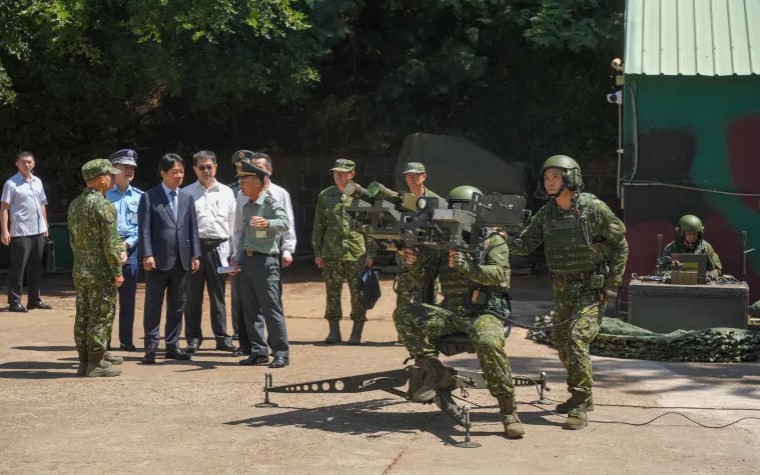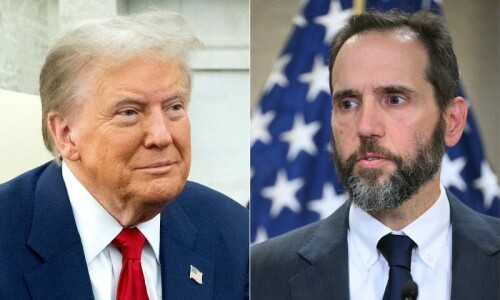WORLD NEWS

China has announced sanctions against nine US defense firms in response to recent military equipment sales to Taiwan. The Ministry of Foreign Affairs in Beijing revealed the measures on Wednesday, reflecting the intensifying pressure China is applying on Taiwan and its demand for the US to cease its support for Taiwan’s independence.
The sanctions involve freezing the assets of the nine companies within China and prohibiting all transactions with China-based entities effective immediately. The affected firms include Sierra Nevada Corporation, Stick Rudder Enterprises, Cubic Corporation, S3 Aerospace, TCOM Ltd Partnership, TextOre, Planate Management Group, ACT1 Federal, and Exovera.
Spokesman Lin Jian criticized the US for its arms sales to Taiwan, labeling them as a serious violation of the one-China principle, an infringement on China's sovereignty, and a detriment to China-US relations. Lin stated that Beijing is taking “resolute countermeasures” against these companies.
The sanctions follow the recent approval by the US State Department of a potential $228 million arms sale to Taiwan. This package includes spare parts crucial for maintaining Taiwan’s military combat readiness and is expected to be enacted within a month.
Lin Jian also urged the US to cease its support for Taiwan’s independence and to stop actions that undermine peace and stability in the Taiwan Strait.
China views Taiwan as part of its territory and has increasingly exerted military and political pressure over the past five years to assert this claim. The US, which officially recognized Beijing over Taipei in 1979, remains Taiwan’s most significant ally and arms supplier, leading to frequent condemnation from Beijing.
Tensions between the US and China have been mounting on various fronts, including trade, technology, and the South China Sea. In a recent high-level meeting, White House aide Jake Sullivan met with Chinese military official Zhang Youxia, who emphasized that Taiwan is a “red line” in US-China relations and demanded an end to military collaboration between Washington and Taipei.
This latest development underscores the growing friction between the two global powers and highlights the ongoing complexity of Taiwan's international status and its relationship with the United States.




